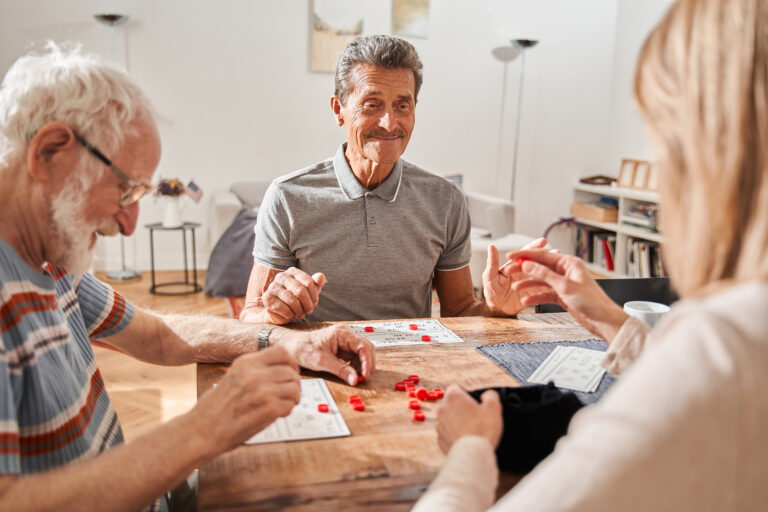Aging is often seen as a time when people become more fragile, both physically and emotionally. But there’s a powerful side to aging that many don’t talk about: vulnerability. Vulnerability isn’t about weakness; it’s about being open and honest with ourselves and others, especially as we face the changes that come with growing older.
When we allow ourselves to be vulnerable in aging, we give permission to feel all the emotions that come with this stage of life—whether it’s fear, sadness, joy, or hope. This openness helps us process these feelings instead of bottling them up. It creates space for healing and growth because acknowledging our true emotions is the first step toward understanding them better.
Being vulnerable also means accepting help when we need it. As bodies age and minds change, asking for support can be one of the bravest things a person does. It breaks down isolation—a common challenge among older adults—and builds connections with family, friends, or caregivers who want to offer comfort and companionship.
There’s strength in showing our softer sides too. When older adults embrace vulnerability rather than hide behind toughness or pride, they often find themselves more resilient. This resilience doesn’t mean never feeling pain or difficulty; instead, it means bouncing back from challenges by leaning into honesty and compassion—for themselves first and then others around them.
Vulnerability opens doors to authenticity in relationships during later years. Sharing fears about health declines or loneliness can deepen bonds because loved ones see the real person beneath any masks of perfection or independence.
In fact, embracing vulnerability can transform how aging feels—from something scary into an opportunity for empowerment through connection and self-acceptance. It invites us all to live fully at every age by honoring what makes us human: our ability to feel deeply and reach out when life gets hard.
So rather than fearing vulnerability as a flaw in old age, recognizing its power helps turn softness into strength—a gentle but mighty force guiding us through life’s final chapters with courage and grace.





